DUBAI (Reuters) - The United Arab Emirates said on Thursday the Gulf Cooperation Council remained valid despite a bitter row with Qatar that has fractured the bloc ahead of an annual summit next week.
Saudi Arabia, the UAE, Bahrain and non-GCC member Egypt have imposed a diplomatic and economic boycott on Qatar since June 2017 over allegations Doha supports terrorism. Qatar denies the charges and says the boycott aims to curtail its sovereignty.
“The main success of the council is in its economic aspects and the creation of a Gulf common market,” UAE Minister of State for Foreign Affairs Anwar Gargash tweeted.
“The political crisis will end when the cause behind it ends and that is Qatar’s support of extremism and its interference in the stability of the region.”
The dispute has undermined the regional role of the six-nation GCC, set up in 1980 as a bulwark against larger neighbors Iran and Iraq.
Last week, Qatar abruptly announced it was quitting OPEC after 57 years to focus on gas in an apparent swipe at the oil-exporter bloc’s de facto leader Saudi Arabia.
You can share this post!
Content

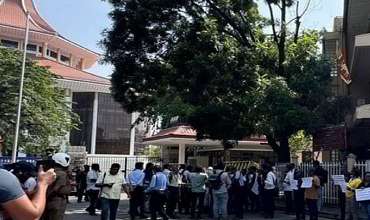
A protest was held in front of Attorney General’s Department Colombo today by a group of individuals calling for the Removal of the Attorney General Parinda Ranasinghe .
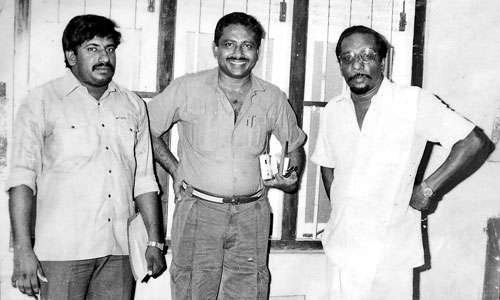
As the Sunday Times bids goodbye to our stalwart Consultant Editor/Defence Correspondent/Political Editor, we look back on an exceptional career of investigative reporting, war reporting, astute political commentary and mentoring a generation of journalists.
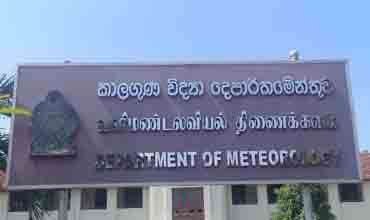
Meteorology Department forecasted that showers will occur at times in Northern, North-central, Eastern and Northwestern provinces and in Matale and Nuwara-Eliya districts.
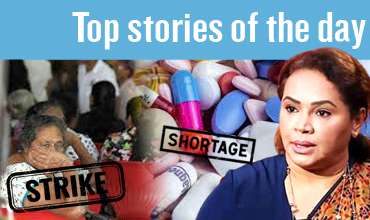
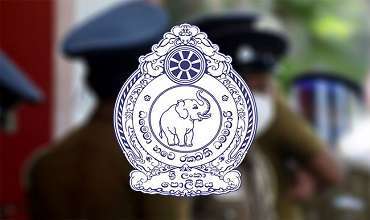
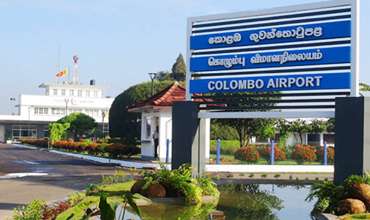


Leave Comments